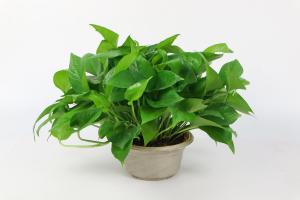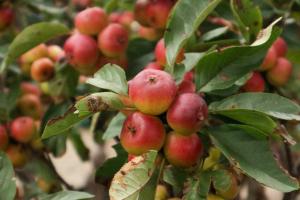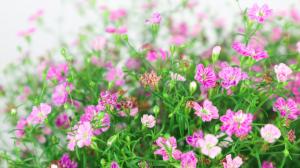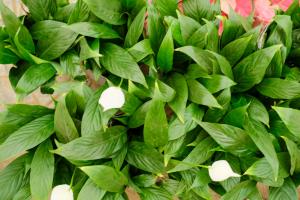1、 Is it poisonous
Ginkgo biloba has high nutritional value. It contains gingko alcohol, gingko acid, potassium, calcium, phosphorus and other trace elements and vitamins conducive to human health. However, it does not mean that it is non-toxic. It is slightly toxic. There is hydrocyanic acid in it, and the green embryo is the most toxic. Therefore, when eating, we must pay attention to cooked food, and raw food is strictly prohibited. In addition, pay attention to the amount of food
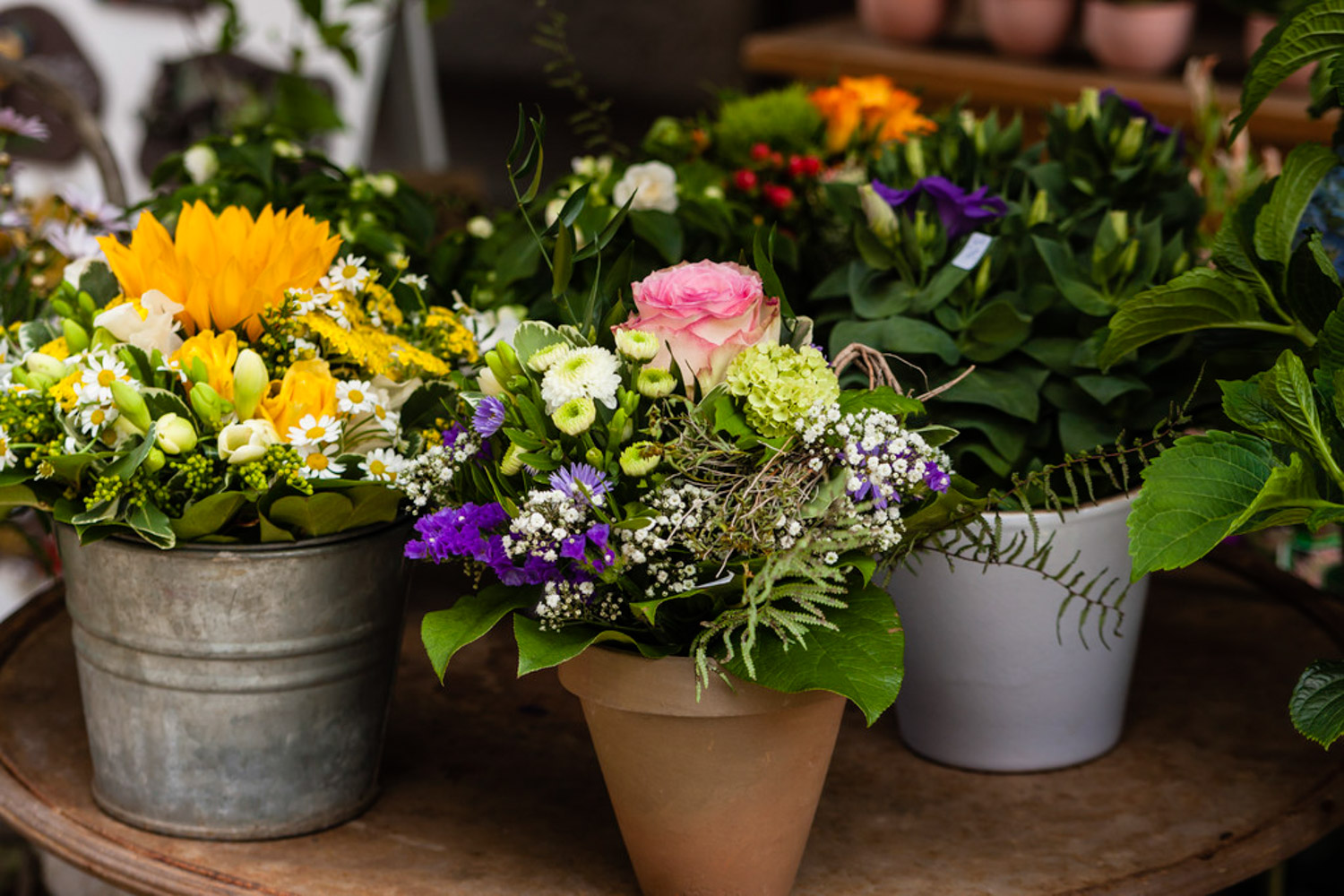
2、 Function
1. Prevention and treatment of coronary heart disease: it contains a variety of trace elements and antiplatelet factors, which can prevent blood coagulation and improve blood flow, so as to avoid thrombosis. In addition, it can prevent myocardial infarction and improve people's immunity

2. Beauty: ginkgo has antioxidant effect and can remove free radicals from the body. In addition, the flavonoids contained in it can also prevent the deposition of melanin in the body, so as to whiten and prevent color spots. In addition, it can prevent wrinkles, improve the blood circulation of the skin, accelerate metabolism, and make the skin more elastic and ruddy
3. Treatment of cataract: it contains a variety of trace elements. Patients with cataract can often eat it, which has a better therapeutic effect. Because ginkgolic acid, liposterol, carbopolysaccharide and other components have antioxidant effects and can also protect blood vessels
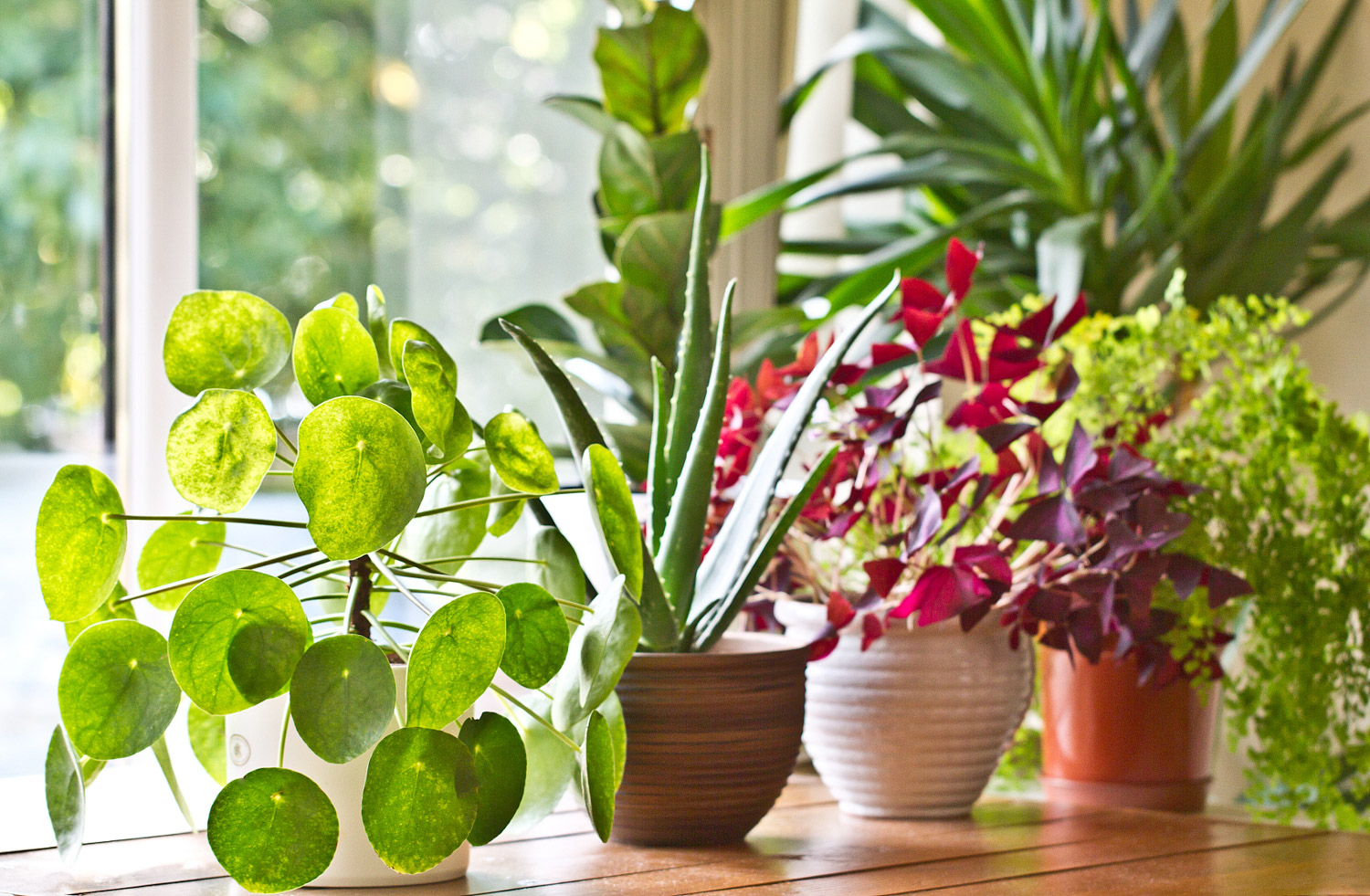

 jackfruit
jackfruit snake plant
snake plant hibiscus
hibiscus hydrangea
hydrangea lavender
lavender Green roses climb al...
Green roses climb al... If you don't pay att...
If you don't pay att... Management of four g...
Management of four g...

